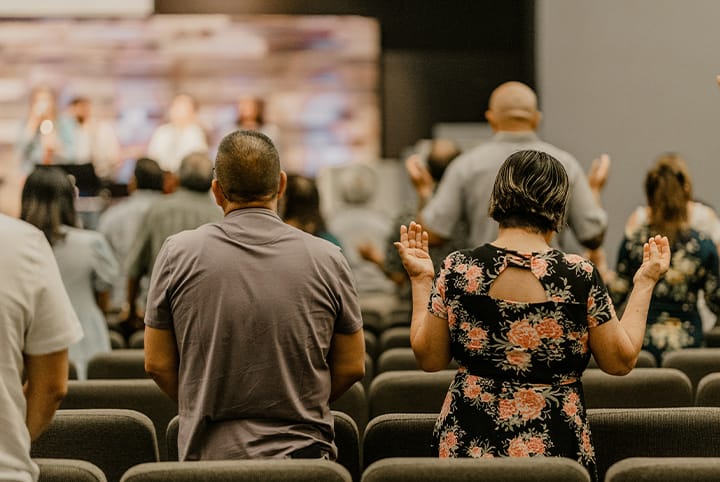Justice is an ideal situation envisioned by mankind throughout the ages. It is an ideal that is fought for and expected. Why is that? The reality of this world often confronts us with injustices that occur systematically and touch everyone's existence. As a result, life's hardships become a necessity. So to whom do we hope for justice? As believers, we can firmly answer that only in God is justice done and hope continues to bear fruit.
Psalm 17 features a prayer of supplication from one who has exhausted his defense before men, and now chooses to surrender everything to an honest Judge. This plea opens with an intense cry: hear, heed, and lend an ear. These three parallel verbs describe the psalmist's faithful insistence on being heard by God. He presents his case not out of emotion, but because he feels that his case is right. In this context, justice is not just an ethical criterion, but the basis of the relationship between the psalmist and God as Judge.
The mention that God "sees what is right" is a form of the psalmist's trust in God's capacity to judge perfectly. He is convinced that God sees his innermost being. Isn't this the deepest longing of man, to be seen as he is, not as he seems? In a world that is quick to accuse and slow to understand, we long for a gaze that pierces through masks, a spotlight of love that recognizes wounds, and a judgment born of recognition, not assumption.
In the midst of the enemy's siege, the psalmist does not ask for strength, what he asks for is "the shelter of wings". This image is so gentle, but powerful. Like the young bird hiding under its mother, like the people who came to the temple and stood under the winged cherubim, so we take refuge in God's presence. God's protection is not always instant deliverance, but can come in the form of a sense of security that guards the soul, calmness in the midst of turmoil, or a divine presence that affirms the belief that we are not alone.
The ending of this prayer is so surprising and beautiful, "I will be satisfied with your likeness." Isn't this the essence of faith? We come not just to ask to be defended or protected, but because we long to see God's face. We long for His tangible presence in our lives. The psalmist did not seek justification from man, but the inner satisfaction that can only come from God's greeting. He knew that when he awoke, whether from sleep, from suffering, or from crisis, the only thing that could satisfy his soul was not victory over the enemy, but the presence of God Himself.
Friends of the Bible, Psalm 17 teaches that true prayer is not in its form or method, but in its sincerity. When life feels like a trial, when accusations come from within and without, when we feel we no longer have a place to stand, God is still a refuge. Not because we are without sin, but because we come with an open heart and are willing to be tested. In the end, prayer leads us not only to answers, but to encounters. Behind the longing for a solution, lies the deepest desire to look into His face. In that face, we recognize ourselves: not just a seeker, but a beloved child. His presence is not just a place of refuge, but a space where our souls come home and rest.




















